
On July 4, President Trump signed into law the far-reaching legislation known as the One, Big, Beautiful Bill Act (OBBBA). As expected, it extends and enhances many of the tax breaks from the Tax Cuts and Jobs Act (TCJA). It also includes several of Trump’s campaign promises — though many are only temporary — and eliminates tax breaks related to clean energy. Here’s a rundown of some of the main tax law changes to be aware of as you plan for the 2025 tax year.
Highlights for Individuals
- Makes permanent the TCJA’s individual tax rates of 10%, 12%, 22%, 24%, 32%, 35% and 37%,
- Makes permanent the near doubling of the standard deduction, plus for 2025 increases it to $15,750 for single filers, $23,625 for heads of households and $31,500 for joint filers, with annual inflation adjustments going forward,
- Makes permanent the higher child tax credit, plus for 2025 increases it to $2,200, with annual inflation adjustments going forward,
- Temporarily increases the limit on the deduction for state and local taxes (the SALT cap) to $40,000 for 2025, with a 1% increase each year through 2029, after which the $10,000 limit will return,
- Expands the allowable education expenses that can be paid with tax-free Section 529 plan distributions, beginning July 5, 2025, or Jan. 1, 2026, depending on the type of expense,
- Permanently increases the federal gift and estate tax exemption amount to $15 million for individuals and $30 million for married couples beginning in 2026, with annual inflation adjustments going forward,
- For 2025–2028, creates a new deduction of up to $25,000 for tip income in certain industries, subject to income-based phaseouts,
- For 2025–2028, creates a new deduction of up to $12,500 for single filers or $25,000 for joint filers for qualified overtime pay, subject to income-based phaseouts,
- For 2025–2028, creates an above-the-line deduction of up to $10,000 for qualified passenger vehicle loan interest on the purchase of certain American-made vehicles, subject to income-based phaseouts,
- For 2025–2028, creates an additional deduction of up to $6,000 for taxpayers age 65 or older, subject to income-based phaseouts, and
- Eliminates clean energy tax credits, generally after 2025, such as the energy-efficient home improvement and residential clean energy credits — but eliminates the clean vehicle credits for both new and used vehicles after Sept. 30, 2025.
Highlights for Businesses
- Makes permanent and expands the 20% Sec. 199A qualified business income (QBI) deduction for owners of pass-through entities (such as partnerships, limited liability companies and S corporations) and sole proprietorships,
- Makes bonus depreciation permanent and increases it to 100% for qualified new and used assets acquired after January 19, 2025,
- Increases the Sec. 179 expensing limit to $2.5 million and the expensing phaseout threshold to $4 million for 2025, with annual inflation adjustments going forward,
- Permanently allows the immediate deduction of domestic research and experimentation expenses (retroactive to 2022 for eligible small businesses), and
- Eliminates clean energy tax incentives, such as the alternative fuel vehicle refueling property credit and the Sec. 179D deduction for energy-efficient commercial buildings after June 30, 2026 — but eliminates the qualified commercial clean vehicle credit after Sept. 30, 2025.
How Will You Be Affected?
While this list may seem extensive, it represents just a sampling of the tax changes included in the 870-page OBBBA. Contact the office with questions about how the new law will affect you.







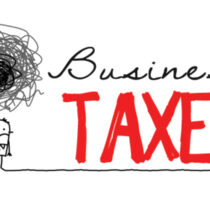
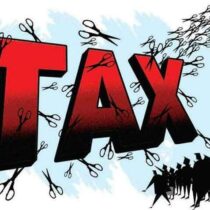







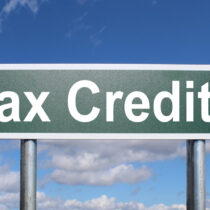


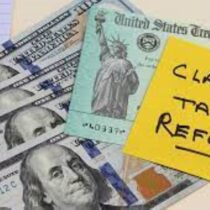



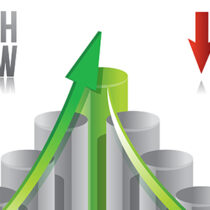



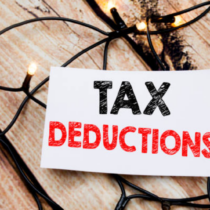

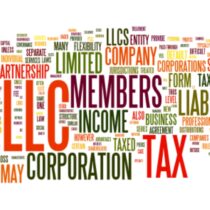
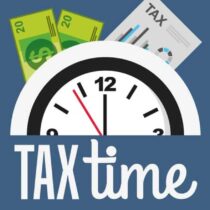

















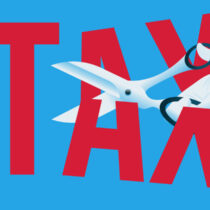
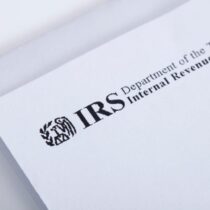
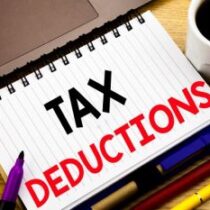
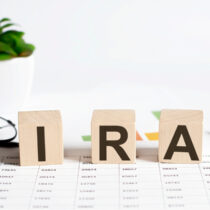
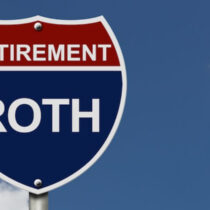

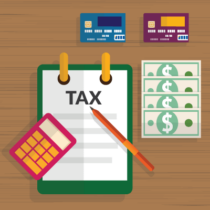
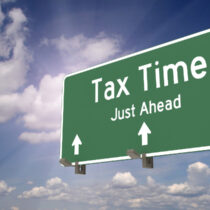


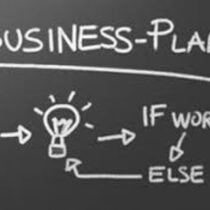


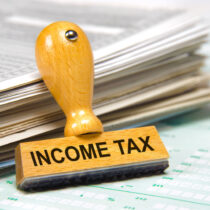

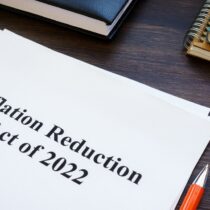



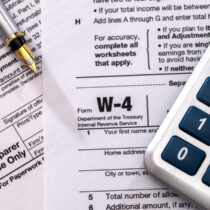






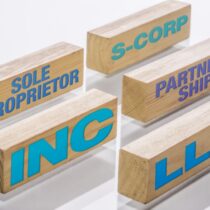
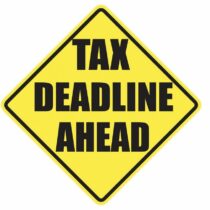
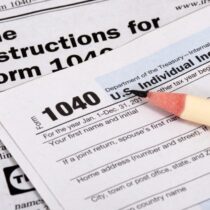
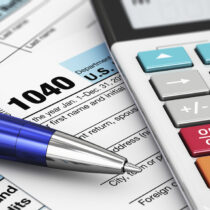

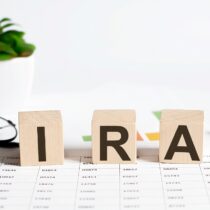



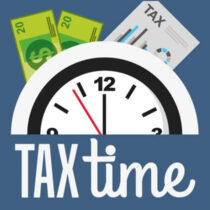


Comments are closed.